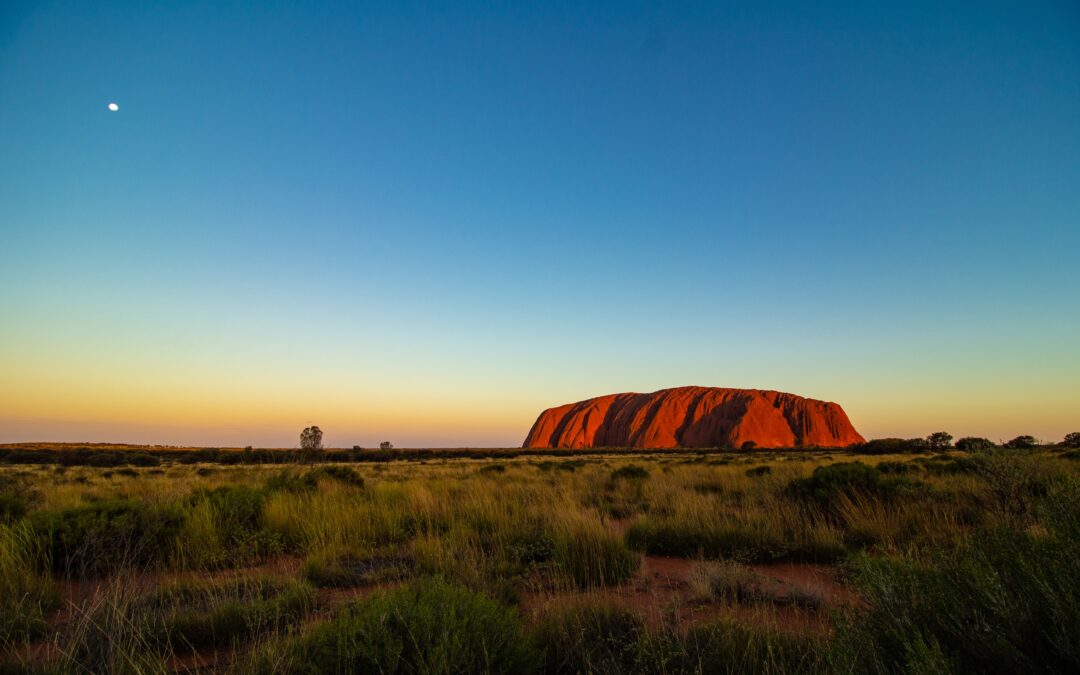Monday, October 9th, was Indigenous Peoples Day. This is a day to honor and recognize the resilience and perseverance of our nation’s Indigenous communities as well to reflect on the role the U.S. has played in the assimilation, discrimination, and genocide of Native Americans. In 2021, President Joe Biden issued the first-ever presidential proclamation of Indigenous Peoples Day. Each year since, Biden has issued a proclamation declaring October 9th to be Indigenous Peoples Day. This year, President Biden began his proclamation by stating this holiday to be a day when “we honor the perseverance and courage of Indigenous peoples, show our gratitude for the myriad contributions they have made to our world, and renew our commitment to respect Tribal sovereignty and self-determination.”
The history of Columbus Day
In 1492, Christopher Columbus, a sailor on board the Pinta, sighted land, sparking an age of European exploration, expansion, and settlement. The first recorded celebration of Columbus Day dates back to October 12th, 1792. This celebration, organized by the Society of St. Tammany, marked the 300th anniversary of Columbus’ discovery. One hundred years later, the first official Columbus Day in the United States was proclaimed by President Benjamin Harrison in 1892.
“Since October 12, 1992, the Intercontinental Gathering of Indigenous People in the Americas, a group of more than 350 indigenous groups around the world, has referred to the holiday as the International Day of Solidarity with Indigenous People.”
Ani Kington, InterExchange
Indigenous Peoples Day
The observance of Indigenous Peoples Day in place of Colombus Day is meant to recognize and acknowledge the painful history of what the Indigenous population has faced. It is a day of reflection and remembrance, but it is also a day of protest and resistance. “The day is often marked by protests against memorials to Columbus, for environmental justice, for the return of Indigenous lands and in honor of missing and murdered Indigenous women.”
If you would like to contribute in some way to the celebration of Indigenous Peoples Day, there are quite a few things you can do:
Identify, acknowledge, and learn about the land you’re on. In this day and age, the amount of information we have at our fingertips is astonishing. Take advantage of this and do some digging on the Indigenous community that inhabited the land you’re on.
Read books by Indigenous Authors. There are tens of thousands of books out there written by Indigenous Authors just waiting to be read and loved! Gain a new perspective and learn more about the lives of Indigenous communities through the minds of Indigenous authors.
Plant native plants. Growing plants native to your area is a great way to not only restore and rejuvenate your yard but also support healthy ecosystems, sustain local insects, and give back to your community.
Learn more and advocate. There is a world of information that is available with the click of a button. There are a plethora of organizations dedicated to the protection and promotion of Indigenous rights. Consider doing some digging and learning more about the work these organizations are doing. Don’t forget to spread the word!
“Protecting rights and dignity of indigenous peoples ‘is protecting everyone’s rights’”
United Nations
A donation to OneNature supports the wellbeing of Indigenous people who steward the world’s wildlife. Our recent pilot project (in partnership with IFAW) to understand the wellbeing of the Masaii in Amboseli sets a wellbeing baseline against which we can measure the wellbeing impacts of conservation projects. The information and insight gained from a wellbeing assessment and approach in conservation can fundamentally change conservation to better address the needs of Indigenous communities in conservation.
Donate here!
